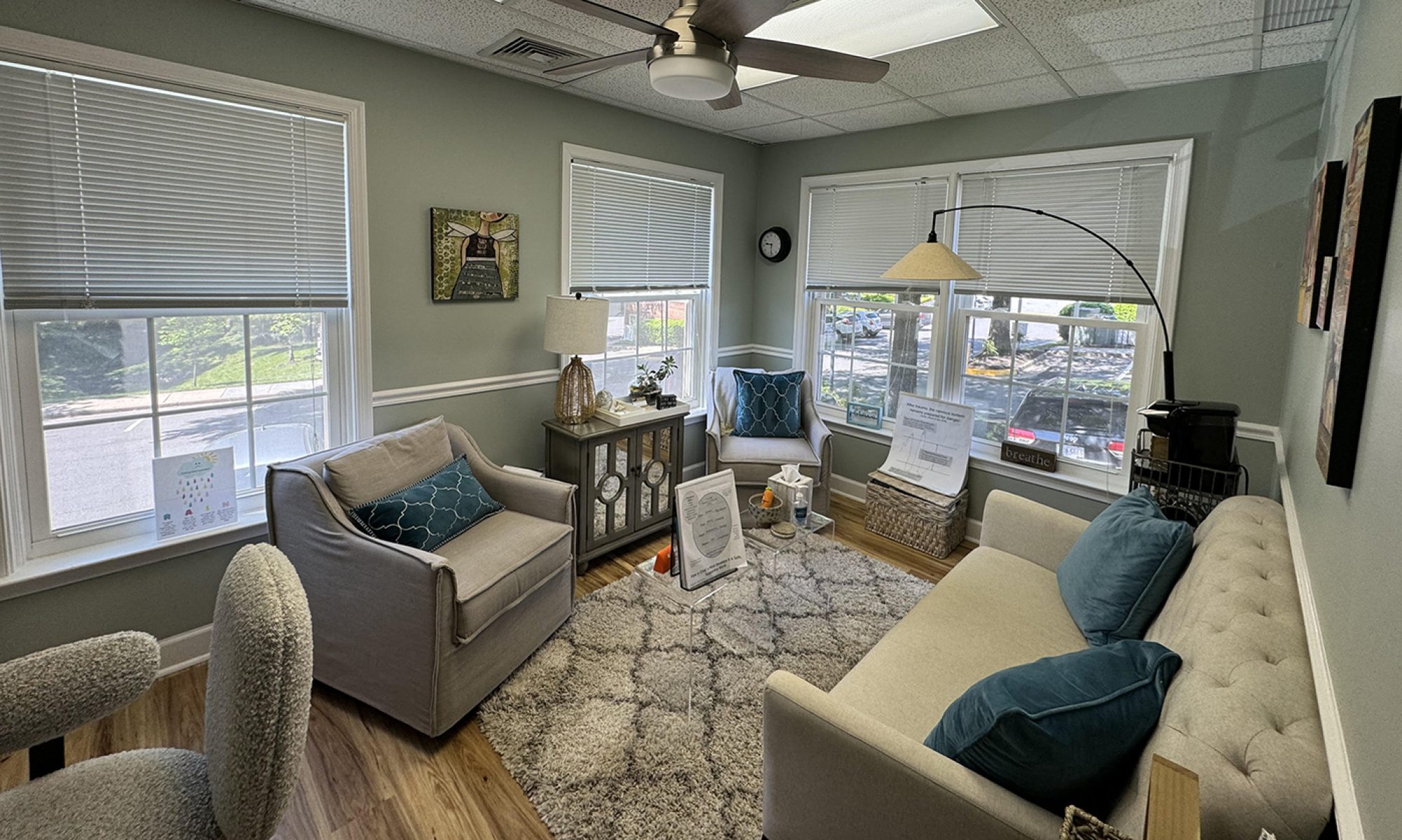I am often hear from clients about ongoing issues at the workplace. I hear reports of environments that are toxic and dysfunctional, unkind and unsupportive bosses or difficulties with peers at work. According to Lisa Ferentz (2012), we stay in these places of employment because it feels similar to our own family growing up. What we forget is that we are not little and scared anymore. We actually have the power to make a change.
The simple question to clients — “Where else have you felt this way in your life” – encourages to turning off the “autopilot” switch and to being more mindful of what is really happening in the present. I often use Ferentz’s exercise in teasing out these dynamics (Ferentz, 2012).
Her suggestion is quite simple. Take one sheet of paper and divide vertically – – labeling one side Family Dynamics and the other side Workplace. Under each side, she suggests thinking/writing about 4 different topics. Feelings growing up (validated/invalidate/understood/misunderstood etc.), home life expectations(reasonable/unreasonable, etc.), boundaries (appropriate/inappropriate), and lastly — what was the atmosphere of the environment (cooperative/competitive, calm/chaotic, etc.). Clients are expected to chose one of the descriptive words. For example:
- invalidated, inappropriate boundaries, chaotic, etc…
After choosing the two descriptive words for each category and placing them under each title — Family Dynamics and Workplace, see if you can notice any similarities or differences. What has been duplicated from your family of origin and within the current place of employment. Has anything changed?
It is pretty amazing what is revealed in this exercise with clients. Most importantly, the emerging mindfulness of the past and the present, is powerful. This connection allows people to become unstuck, restores hopefulness, and provides energy to make a change if they chose.
Information taken from the book Treating Self Destructive Behaviors in Trauma Survivors by Lisa Ferentz (2012).
